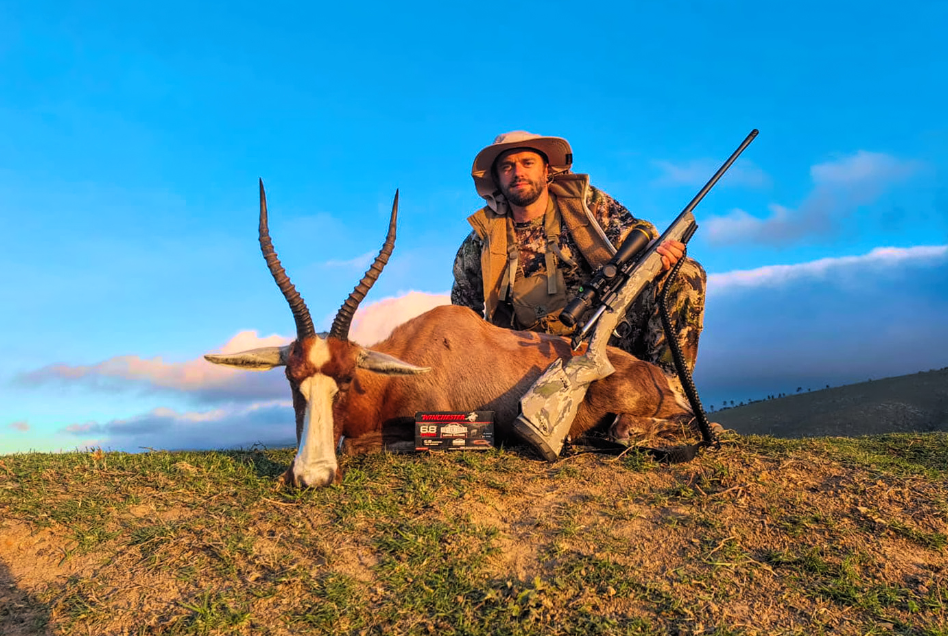
Big game hunting has been a fundamental aspect of indigenous cultures around the world for centuries. This practice is not only a means of sustenance but also a profound element of cultural identity, social structure, and spiritual beliefs. Here, we explore the multifaceted role of Africa big game hunting in indigenous cultures, highlighting its significance beyond the mere act of hunting.
Cultural Significance
It goes beyond the physical act of Africa bow hunting; it’s a rite of passage, a way to teach the younger generations about respect for nature, bravery, and survival skills. The hunt is often accompanied by rituals and ceremonies that reinforce the community’s connection to the natural world and their ancestors. These practices help in preserving their culture and traditions, passing them down through generations.
Spiritual Connection
Many cultures believe in the spiritual interconnectedness of all living things and view the hunt as a mutual agreement between the hunter and the prey. This respect is shown in various ways, such as prayers and rituals before and after the hunt, thanking the spirit of the animal for nourishing their community. This deep respect ensures that the hunt is conducted ethically and sustainably, honouring the life that was given for the well-being of the community.
Sustainability and Conservation
Indigenous communities have long been stewards of the land, practising sustainable hunting methods that assure the balance of the ecosystem. That hunting, when done according to traditional laws and seasons, ensures that animal populations are maintained at healthy levels, preventing overpopulation and its consequent problems. This indigenous knowledge of conservation practices highlights the importance of sustaining not just the communities but also the environments they inhabit.
Social Structure and Identity
Achievements in hunting are often seen as marks of leadership and skill, contributing to the hunter’s status within the community. Furthermore, the sharing of the hunt emphasizes communal living and the importance of reciprocity and cooperation. These social dimensions of hunting reinforce community bonds and ensure the survival and cohesion of the group.
Conclusion
The role of Africa big game hunting in indigenous cultures is complex and deeply ingrained in the fabric of their societies. It is a tradition that encompasses cultural heritage, spiritual beliefs, environmental sustainability, and social organization. As we move forward, it’s crucial to acknowledge their significance in preserving not only the ecosystems they depend on but also their unique ways of life. Understanding the depth of these traditions is a step towards greater respect and support for these communities worldwide.
